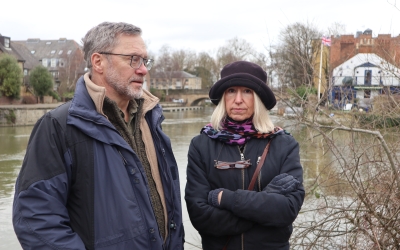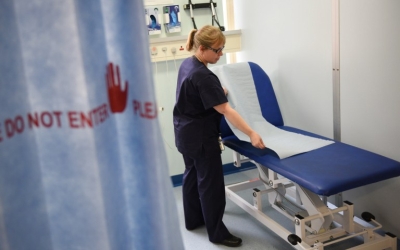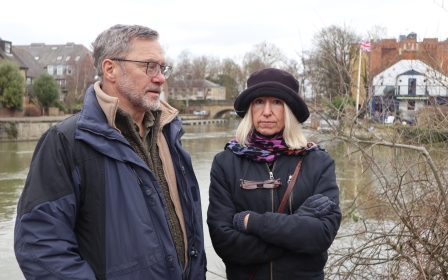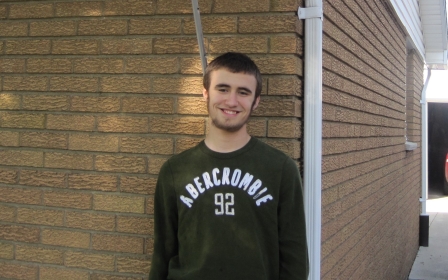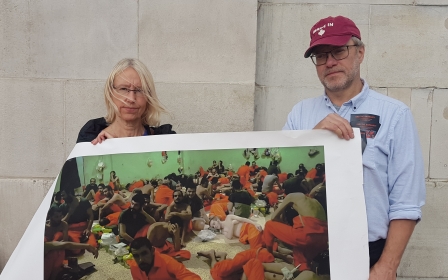Father of Jack Letts 'cannot get psychological care' because of Prevent
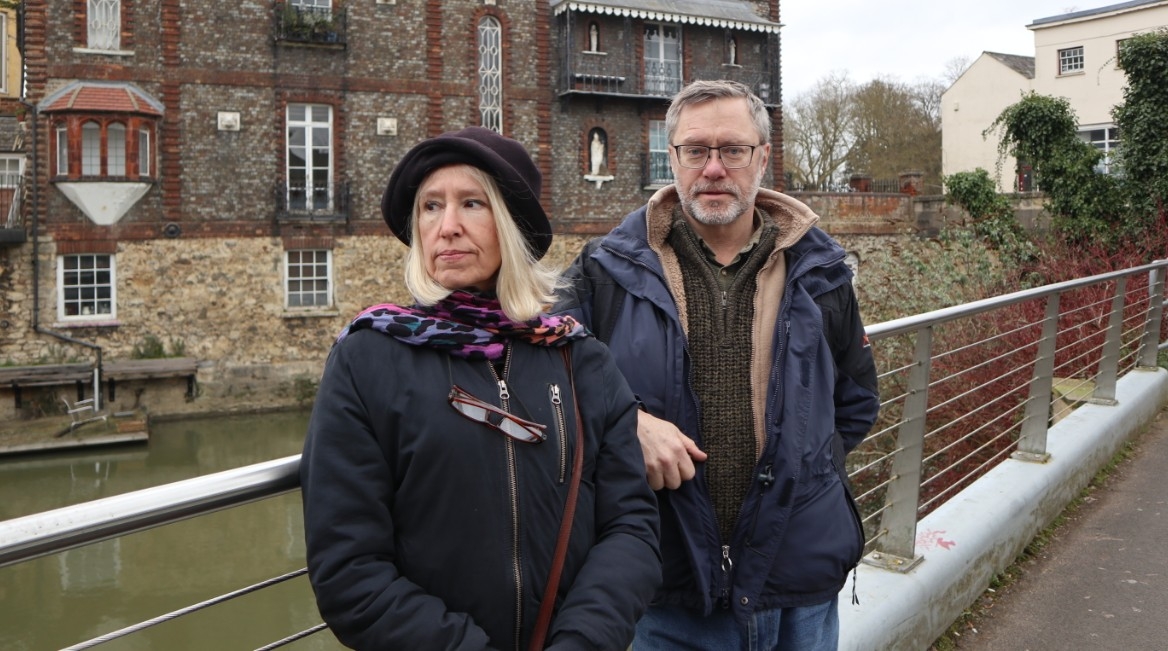
The father of a British man being held among suspected Islamic State members in Syria has told Middle East Eye that he has been unable to access confidential psychiatric treatment because of the Prevent Duty.
John Letts, the father of Jack Letts, told MEE that he had tried to access mental healthcare services to help him cope with stress after he and his wife, Sally Lane, last year stood trial on terrorism charges over their efforts to send money to their son to help him escape from IS-controlled territory.
But Letts said he had been told by National Health Service psychiatrists in his home city of Oxford that they might be required to pass on information to the police under their Prevent Duty obligations.
The Prevent Duty, which was introduced in 2015, requires public sector workers, including doctors and healthcare staff, to show “due regard to the need to prevent people from being drawn into terrorism”.
“We are in one of the most stressful situations anybody can go through and we cannot get confidential psychological support,” said Letts.
“We are on our own, just the two of us, and there is so much stress.”
Jack Letts, a Muslim convert who travelled into IS-controlled Syria in 2014, is currently being held among suspected IS members in a Kurdish-run prison in north-eastern Syria.
John Letts and Sally Lane were last year convicted of a terrorism offence over a £233 ($303) payment made at Jack's request to a Syrian man in Lebanon in September 2015, receiving a 15-month suspended prison sentence.
They were not convicted over further attempted payments made in December 2015 and January 2016 after telling the court that they had acted in the belief that Jack Letts' life was in danger.
MEE revealed on Friday how the couple had been the targets of a police intelligence-gathering operation as part of a counter-terrorism investigation into their son. This involved deploying a Prevent liaison officer with the family and also collecting intelligence from a counter-extremism organisation which was supporting and advising them.
Medical professionals raised concerns about patient confidentiality following the introduction of the Prevent Duty, with a senior psychiatrist warning in 2016 that the duty was “a corrosion of the ethics of the doctor-patient relationship”.
Oxford Health NHS Foundation Trust told MEE that it could not comment on individual cases.
A spokesperson said: “We have a responsibility to fulfil our safeguarding obligations to protect people who may be vulnerable to exploitation.
“In some cases that could involve seeking advice from the police under the Prevent Duty and we are obliged to advise people of this possibility.”
The Royal College of Psychiatrists also told MEE that it could not comment on individual cases. It pointed MEE to the college's position statement on the Prevent Duty, published in 2016, which says: “This is a complex and contested area, encompassing a broad range of issues, including the management of risk, boundaries between mental ill health and mental health, confidentiality and the need to disclose, and these are not always clear.”
It also highlighted guidance for psychiatric professionals regarding police requests for information.
It acknowledged a “tension between the police’s desire for information for public protection purposes and the medical duty of confidentiality”, but said that “police statutory powers to require disclosure are very limited”.
Middle East Eye propose une couverture et une analyse indépendantes et incomparables du Moyen-Orient, de l’Afrique du Nord et d’autres régions du monde. Pour en savoir plus sur la reprise de ce contenu et les frais qui s’appliquent, veuillez remplir ce formulaire [en anglais]. Pour en savoir plus sur MEE, cliquez ici [en anglais].


